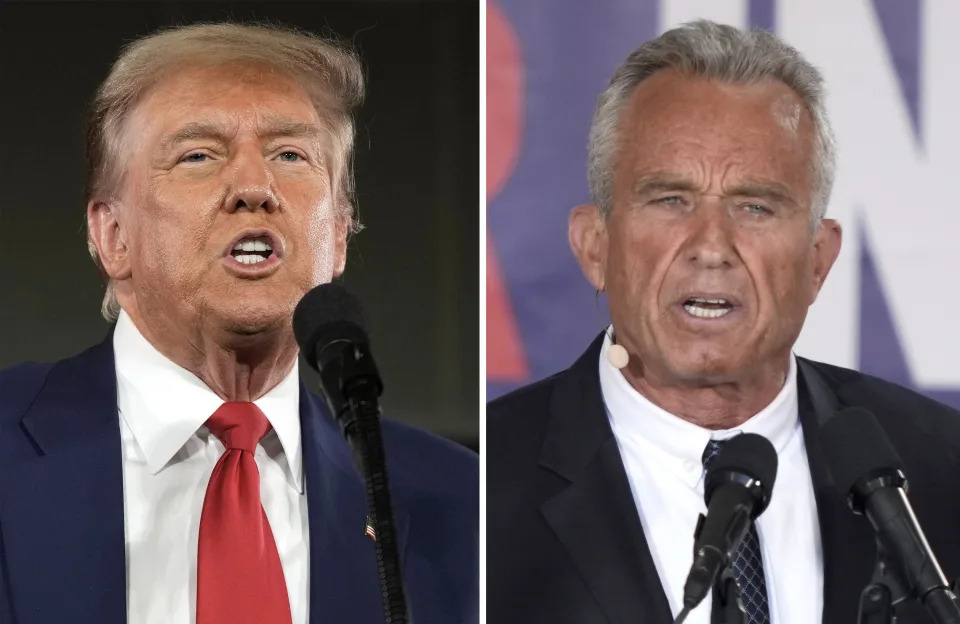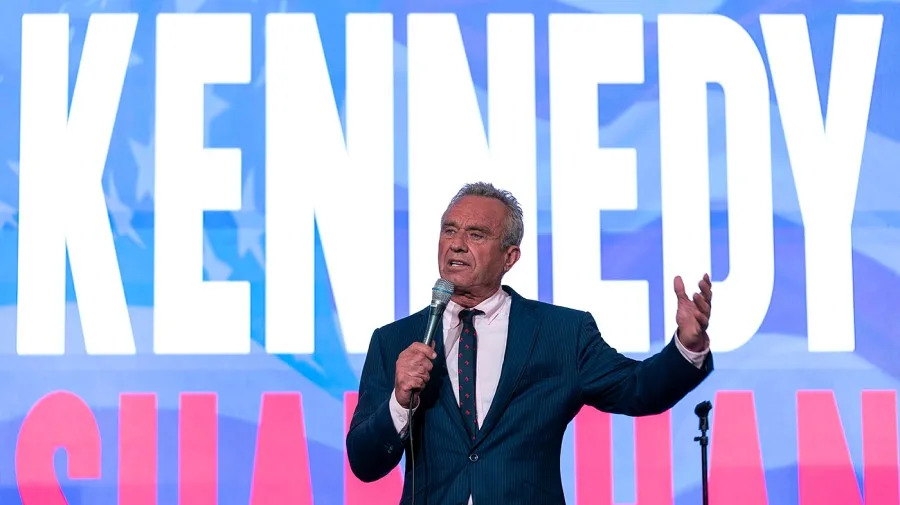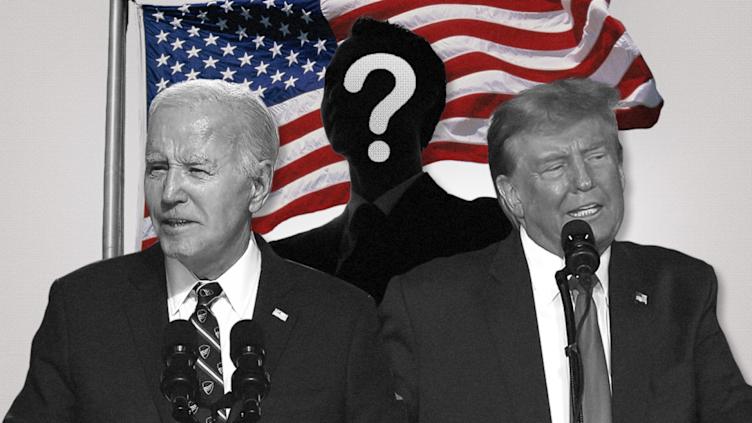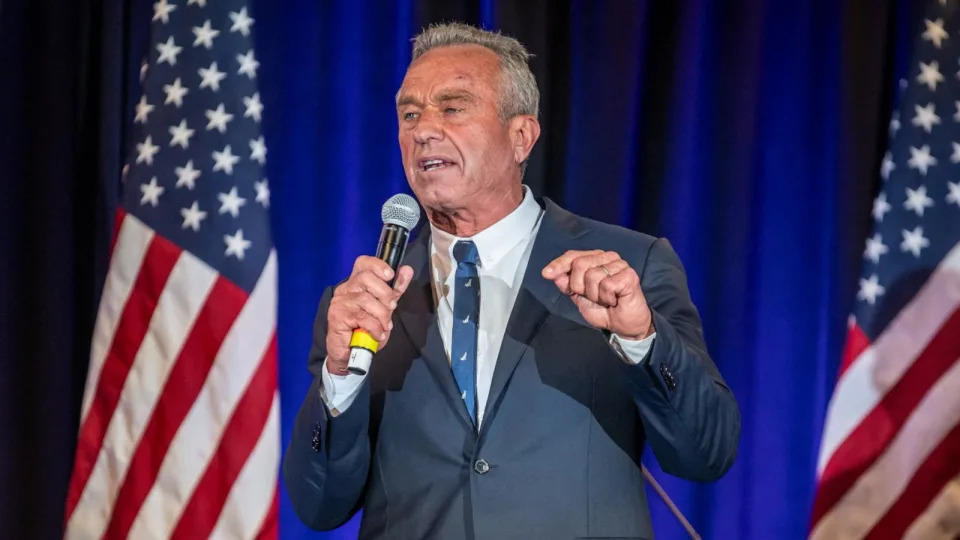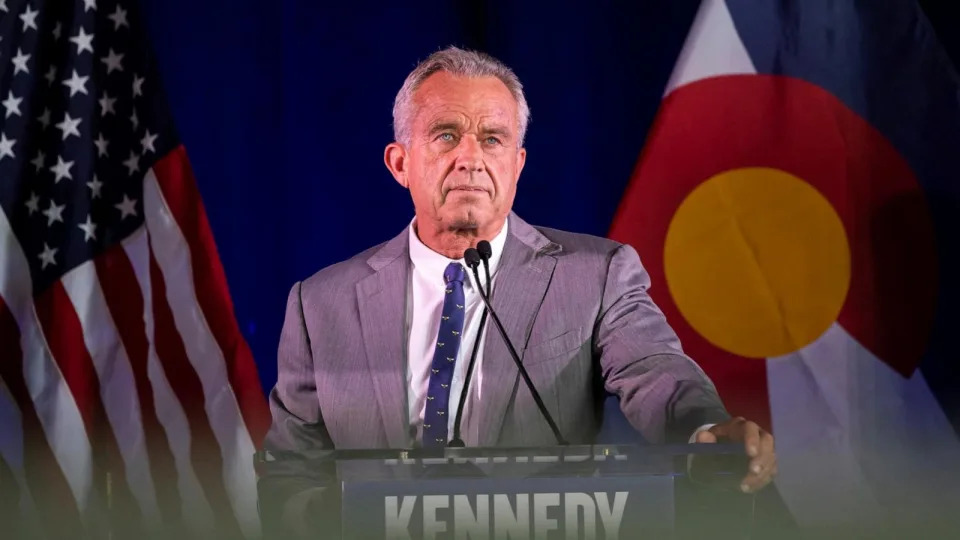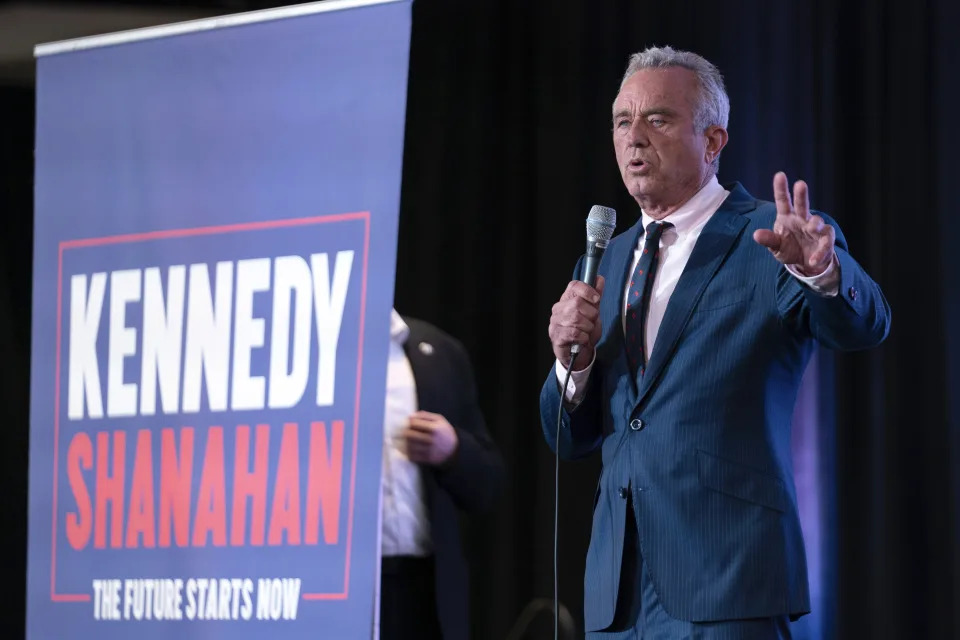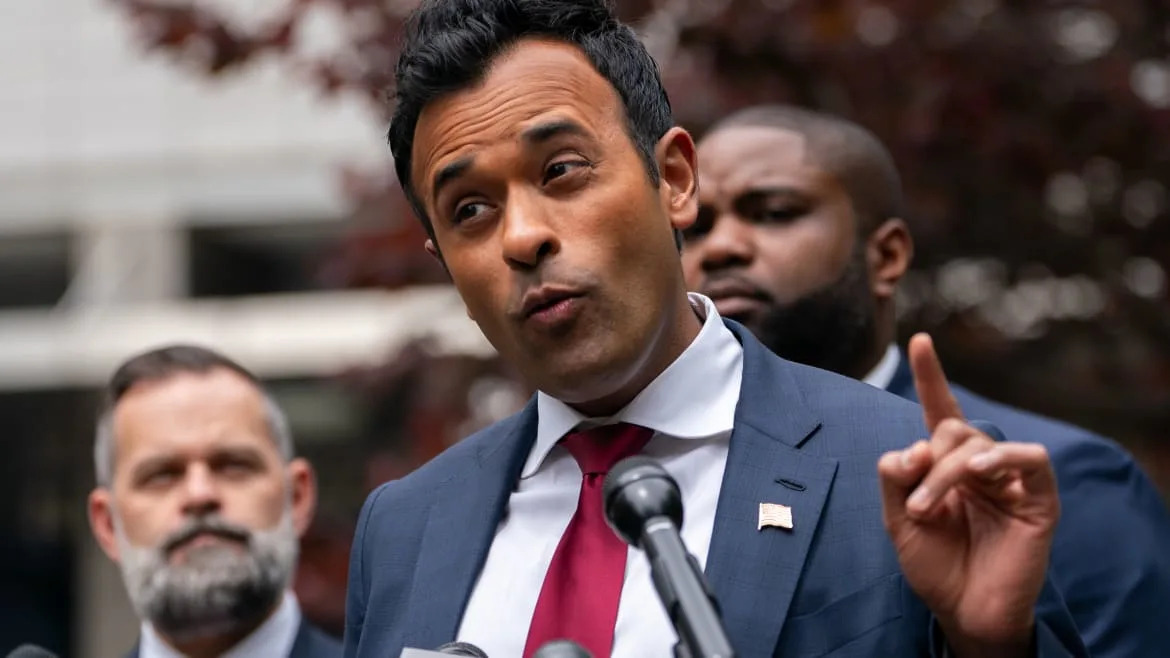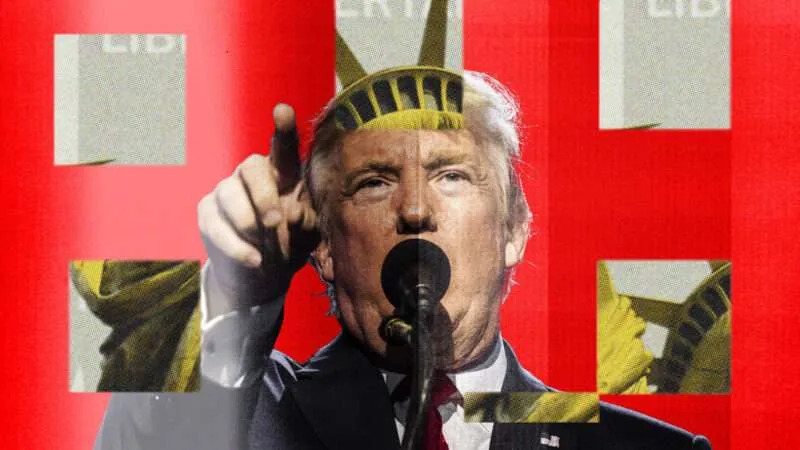UK
Union threatens court action over council plan to cover social work strike
UNSION sends legal letter to Barnet Council claiming plan to bring in service to cover mental health practitioners is unlawful 'strike breaking' with external service, but authority maintains it is acting legally to manage risks to service

A union has threatened court action over a council’s plan to bringing in an external service to cover mental health social workers during a nine-week strike over staffing levels in their teams.
UNISON has sent a legal letter to Barnet Council’s chief executive, John Hooton, stating that the planned move is unlawful ‘strike breaking’ and urging the authority to desist or risk court action.
However, the council has maintained that its action is both lawful and necessary to enable it to manage risk and meet its statutory duties during the strike by about 20 staff in its north and south mental health teams and its approved mental health professional (AMHP) service.
The law on covering strike action
Regulations prohibit employment agencies from supplying workers to an organisation to cover the duties of a striking employees or other employees covering those on strike, so long as the industrial action is legitimate (regulation 7 of the Conduct of Employment Agencies and Employment Businesses Regulations 2003).
However, guidance on the 2003 regulations stipulates that employers can cover a striking worker’s work by contracting out the service, which appears to be what Barnet Council is planning to do.
“These are functions of [London Borough of Barnet (LBB)] and we assume that LBB will remain accountable for their delivery. It is therefore not the case that LBB is outsourcing a service; rather, it is procuring workers to provide the exact services normally provided by its own workers during a period of strike.
“Therefore, should LBB procure strike cover as described in this letter, it would be procuring the services of an employment business, Regulation 7 of the regulations would be breached and a criminal offence would be committed under the Employment Agencies Act 1973.”
Legal threat
While any such offence is committed by the employment agency concerned, UNISON said the authority itself may thereby be guilty of offences relating to encouraging others to commit a crime.
The union urged Hooton to confirm in writing by 28 May that the authority will not seek to procure external workers to provide cover for striking employees, adding that it reserved its “right to notify the relevant authorities of any potential criminal offences and also to seek relief via the courts, including injunctive relief through judicial review proceedings, should you fail to provide the requested confirmations and agreements by 28 May 2024”.
‘We are acting within the law’ – council
However, in response, a council spokesperson said: “We are acting within the law to ensure we can keep residents safe and deliver our statutory responsibilities through the strike.
“We are now at the point where the industrial action has significantly reduced our ability to respond to residents’ requests for support with their mental health. This outsourced service will be needed imminently to manage the risk and to enable the council to effectively respond to urgent referrals in a reasonable timeframe during UNISON extended nine-week block strike action. This service is lawful and would provide a minimum level of cover to ensure we meet our statutory responsibilities.”
What union is calling for
The union is calling for staff on the three mental health teams to receive a 10% recruitment and retention payment on top of salary to tackle what it describes as a “staffing exodus”, with 25 social workers due to have left the teams over the course of 22 months, including currently planned departures.
This is a drop from its original claim of a 20% payment.
However, the council has rejected the premise that there are recruitment and retention issues specific to the three teams and has instead offered a 5% payment to all social workers, occupational therapists and senior practitioners in adult social care – about 200 staff. According to UNISON, the council has admitted this is more expensive than the union’s claim.
‘A justifiable and fair offer’
However, the council spokesperson added: “UNISON’s claim for a 10% recruitment and retention payment to just three out of six mental health worker teams is not justifiable under the council’s policy. We have made a justifiable and fair offer of 5% for all social work staff, and this offer is still open.
“If UNISON suspends the strike, then we are more than willing to continue to sit at the negotiating table, including to discuss minimum service levels needed to keep residents safe.”
UNISON’s branch secretary, John Burgess, said it was “deeply disappointing that we are where we are”.
“I am still hopeful that someone in a Leadership position in Barnet Council will approach UNISON about meeting us halfway to end the dispute and try and restore stability within the mental health social work teams,” he added.






